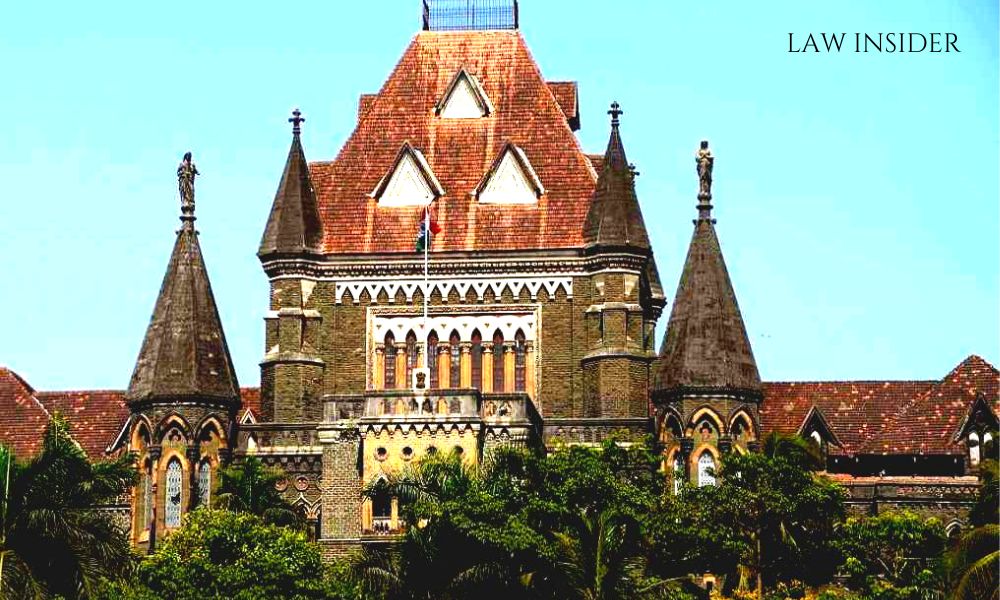LI Network
Published on: November 13, 2023 at 00:20 IST
The Bombay High Court has clarified that, in cases of capital asset distribution upon the dissolution of a firm, it is the firm and not the partner who bears the responsibility of paying taxes.
The decision was based on Section 45(4) of the Income Tax Act, was pronounced by the bench comprising Justice K. R. Shriram and Justice Dr. Neela Gokhale.
The court specified that the sum of Rs. 28 crores, obtained upon the retirement of a partner, should not be considered taxable.
The case involved an arbitration judgment in 2009-10, where Justice S. P. Bharucha, Chief Justice of India (Retd.), acting as the sole arbitrator, settled a dispute in favor of the assessee. The dispute originated from the will of the assessee’s late father, leading to disagreements with her brother and other family members.
The assessee, claiming to be a partner despite retiring in 1997, agreed to arbitration. In 2009, she relinquished all rights against the firm for an upfront payment of Rs. 7 crore, with an additional Rs. 3 crore annually for seven years.
The scrutiny assessment for AY 2010-11 initially approved the return, overlooking the declaration of the Rs. 7 crore as income. Subsequently, reassessment procedures were initiated, alleging that Rs. 7 crores had escaped assessment.
The assessment included Rs. 28 crores as capital gains or business income under Section 28(iv). The contention was that, even if the consent terms were different, the entire amount had not been applied to retirement.
Challenging the reassessment, the petitioner argued that vague and incomplete reasons for reopening were insufficient to establish that the income from the arbitration award was taxable.
The department asserted that the amount received or receivable should be taxed as “income from other sources” under Section 56(1) if not chargeable under other heads.
The Bombay High Court quashed the reassessment, deeming the reasons for reopening as vague and incomplete. The court emphasized the necessity of clearly indicating the taxability of the arbitration award as income in the reasons provided for reassessment.
Case Title: Ramona Pinto Versus Deputy Commissioner of Income Tax

